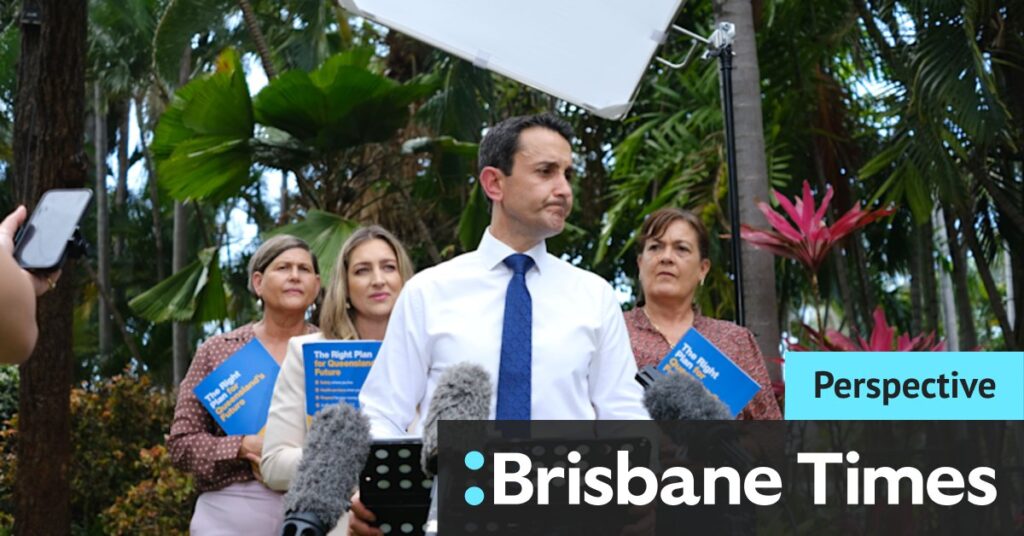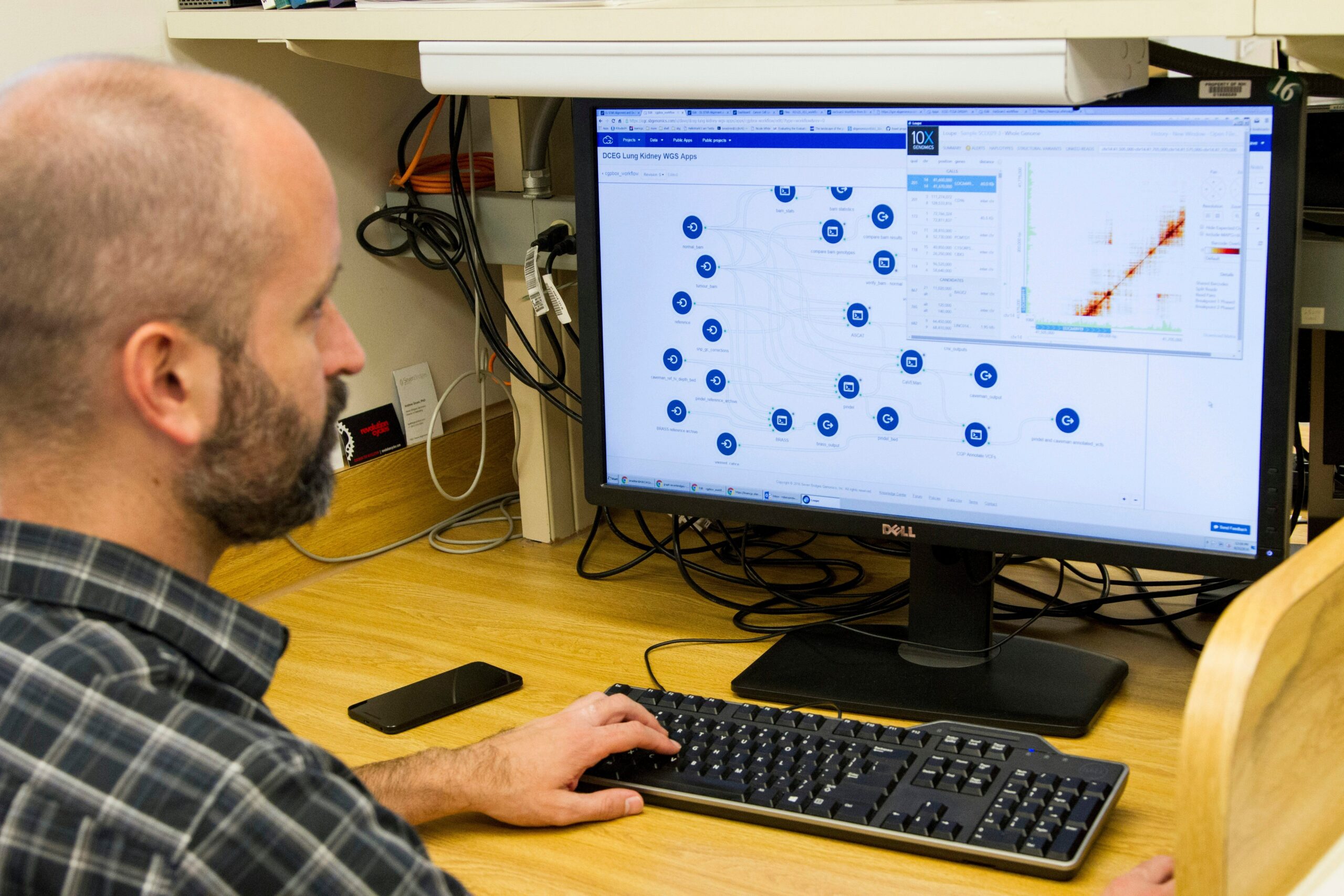
When David Crisafulli addressed a convention centre crowd last month, he emphasized the commitments he has fulfilled since becoming Queensland’s Premier. One year into his tenure, Crisafulli’s “contract with Queenslanders” is under scrutiny, as he navigates the promises made during his election campaign.
The Premier’s theoretical contract, which he mentioned on election night, was a pledge to implement policies outlined while in opposition, despite opposition from Labor and unions. While Crisafulli chose not to document this contract formally, he suggested the media would hold him accountable, prompting an evaluation of his government’s performance thus far.
Promises Kept
Among the key promises Crisafulli has delivered on is the repeal of laws underpinning the First Nations Path to Treaty. Although not initially prioritized, this action was expedited during the first parliamentary session, aligning with the government’s broader legislative agenda.
The government has also accepted most elements of Labor’s last budget, maintaining continuity in spending. Additionally, Crisafulli’s administration has moved to repeal the state’s renewable energy targets, introducing legislation to this effect.
Infrastructure and Energy Initiatives
In the realm of infrastructure, Treasurer David Janetzki announced that the Queensland Investment Corporation would spearhead several pumped hydro projects, including ventures near Bundaberg and Toowoomba. Furthermore, new planning laws have been enacted to ensure no renewable energy project receives preferential treatment, mandating public consultations for large-scale developments.
On energy policy, Crisafulli’s government has committed to using coal-fired power stations indefinitely if necessary, a cornerstone of their energy strategy unveiled earlier this month.
Transparency and Governance
In a bid for transparency, the government released corruption watchdog reports and probity reports related to high-profile developments, fulfilling another electoral promise. Legislative changes have also reinstated 24-hour notice periods for union officials entering worksites.
Other commitments include renaming satellite hospitals, maintaining current abortion and voluntary assisted dying laws, and upholding coal royalty rates until at least July 2028. Despite some internal debate, the government has refrained from supporting nuclear energy without federal consensus.
Promises Breached
However, not all promises have been kept. The government’s pledge to govern with humility and decency has been marred by controversies, such as the Path to Treaty repeal and bans on gender-affirming care for minors. Additionally, budget estimate reforms have fallen short of Crisafulli’s initial calls for a comprehensive review.
The Premier’s promise to maintain his shadow cabinet’s composition was also breached, with significant reshuffles and a lack of diversity in the new cabinet. Moreover, Crisafulli announced a new stadium for the Olympics, contradicting his earlier stance against such developments.
Complex Commitments
Some promises remain in a gray area. Crisafulli’s commitment to reducing crime victim numbers is still in progress, with early indicators showing potential success. However, managing the budget with lower taxes and debt remains challenging, as debt projections exceed those of the previous government.
While the government has reduced certain taxes, the Queensland Government Consulting Services division’s impact is yet to be determined. Janetzki attributed higher debt forecasts to alleged cost blowouts hidden by the previous administration.
Looking Forward
As Crisafulli’s government enters its second year, the Premier faces the task of balancing electoral promises with practical governance. The ongoing evaluation of his “contract with Queenslanders” will likely shape his administration’s future policies and public perception.
With several promises still in progress and others unmet, the coming years will be crucial for Crisafulli to solidify his leadership and fulfill his vision for Queensland.






